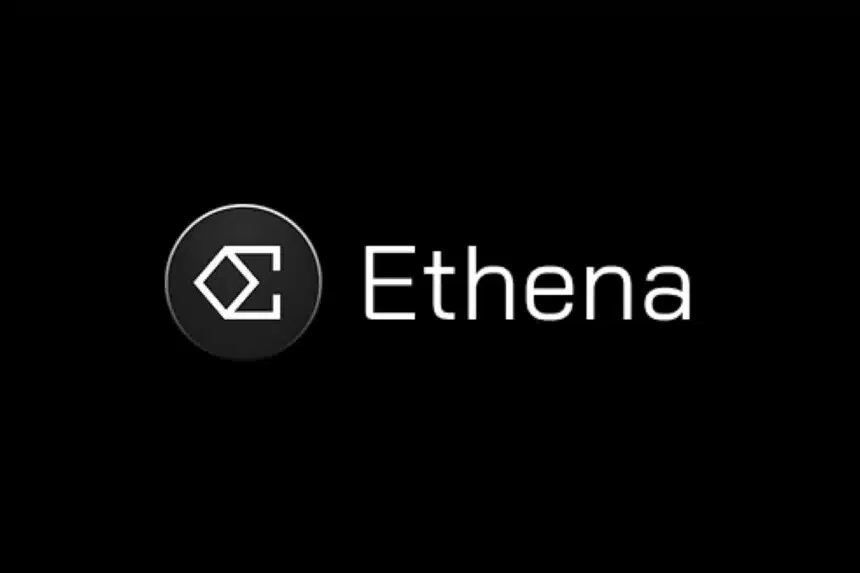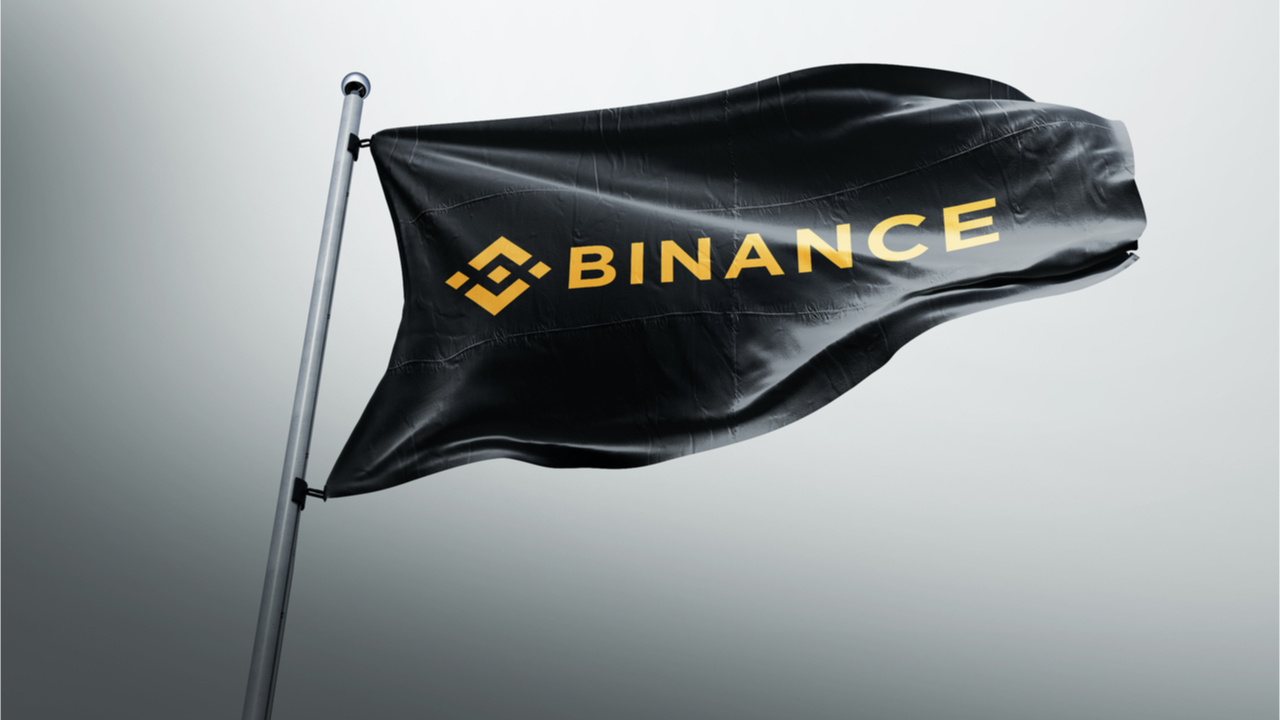|
Getting your Trinity Audio player ready...
|
The long-running legal battle between Ripple Labs and the SEC over the classification of XRP as a security continues to see fiery exchanges. On July 3rd, 2024, the SEC filed its response to Ripple’s attempt to leverage a recent favorable decision in a separate case involving Binance.
Ripple’s Argument for Unclear Regulations:
Ripple argues that the SEC’s approach to regulating cryptocurrencies lacks transparency. They point to the Binance case, where the court ruled against the SEC regarding the listing of nine digital assets. Ripple believes this highlights the SEC’s reliance on lawsuits instead of clear regulations, creating uncertainty for businesses in the crypto space. Additionally, they argue the Howey Test, traditionally used for investments, isn’t suitable for classifying digital assets like XRP.
SEC Rejects the Analogy:
The SEC vehemently opposes Ripple’s attempt to connect the Binance case. They claim it’s irrelevant to the current stage focused on remedies. They further accuse Ripple of misinterpreting the Binance ruling, stating the judge acknowledged the SEC’s authority to enforce securities laws.
The SEC bolsters its position by mentioning the court’s recognition of a 2017 SEC report which predates most of Ripple’s XRP sales. This report, according to the SEC, served as public notice regarding their view on digital assets. They even point to legal advice Ripple received concerning potential legal issues from XRP sales, suggesting Ripple was aware of the regulatory landscape.
Implications for XRP and Crypto:
The XRP community is keenly following this case as it has the potential to shape the future of XRP and the broader crypto industry. A win for Ripple could provide much-needed regulatory clarity, while a win for the SEC could lead to stricter regulations for digital assets.
Looking Ahead:
With both parties making strong cases, a verdict is expected by the end of July 2024. This highly anticipated decision will likely have significant ramifications for the cryptocurrency market.
Disclaimer: The information in this article is for general purposes only and does not constitute financial advice. The author’s views are personal and may not reflect the views of Chain Affairs. Before making any investment decisions, you should always conduct your own research. Chain Affairs is not responsible for any financial losses.
Crypto and blockchain enthusiast.




